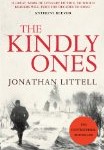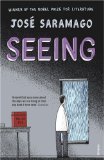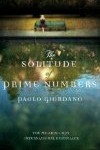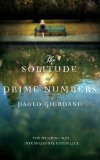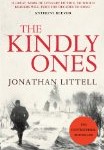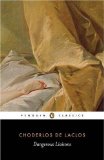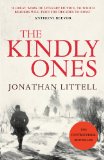
Translated from the French by Charlotte Mandell
Winner of 2006 Prix Goncourt and the grand prix du roman of Académie française, Literary Review’s bad sex in fiction award 2009, 2010 Best Translated Book Award: Fiction Longlist, 2010 long list Independent Foreign Fiction Prize
The Kindly Ones is one of the most controversial books written in recent years. The book is a fictional biography of Max Aue, a senior SS officer, present during the Holocaust. His job is to compile recommendations for future Nazi policy and so he travels to see the execution of the Jews, the German front line and finally the concentration camps. The fictional characters are weaved together with real people like Göring, Speer and Hitler; producing a well researched, compelling version of WWII.
The Kindly Ones is the most disturbing book I’ve ever read. I have read a few individual scenes in books like A Fine Balance or Fugitive Pieces that almost equal the horror of the milder sections in this book, but the descriptions of the Holocaust were so intense and prolonged that I found this book very hard to read. There were times when I could only read a page or two before having to put the book down and do something else. Sometimes even that wasn’t enough and so I started skim reading sections. I found this didn’t help much as I was still painfully aware of what was happening, so I reverted to the slow, painful pace I had started with.
The whole book is like driving past a car crash – you know you shouldn’t look, but you do anyway – unable to resist the temptation to see how bad things really are. I was gripped throughout, an amazing feat for a book so long. The prose is easy to read, but I did get a bit confused by some of the German military terms (most of which are explained in the back, but as I don’t really understand the British equivalent that didn’t help much!).
I expected the plot to emphasize the fact that the people involved in these terrible events had no choice in the matter – that it was basically ‘do or die’.
The man posted to a concentration camp, like a man assigned to an Einsatzkommando or a police battalion, most of the time doesn’t reason any differently: he knows that his free will has nothing to do with it, and that chance alone makes him a killer rather than a hero, or a dead man.
I was therefore surprised to see many opportunities for Max Aue to avoid ending up on the path he took. Initially I wondered why the book was written in this way, but then I realised how clever and realistic it was. The events leading up to the atrocities are obvious with hindsight, but to the people involved each step was so small that they were unaware of the final consequences. Many questioned the actions and were given what seemed to them to be reasonable justifications. For this book to change the way I view the Holocaust is an incredible achievement.
The Kindly Ones also contained many poignant scenes. I was particularly touched by this passage:
“I started sobbing: the tears froze on my face, I wept for my childhood, for a time when snow was a pleasure that knew no end, when a city was a wonderful space to live in, and when a forest was not yet a convenient place to kill people.”
Overall I’d describe this book as a ‘must read’ for anyone interested in the Holocaust, but the length and graphic descriptions of human suffering mean that most people should approach this book with caution. I will remember this book for the rest of my life and although I sometimes wish I could erase some scenes from my memory, on the whole I think it is helpful to remember that these events happened.
Do you want to read The Kindly Ones?
